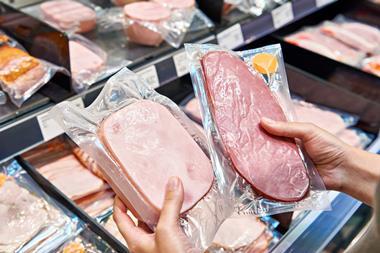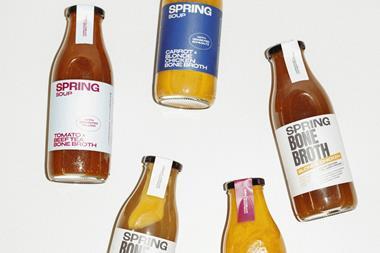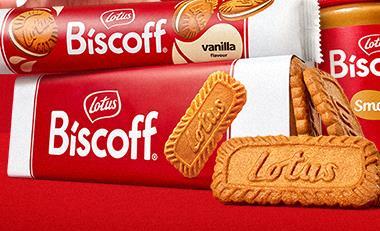Ten thousand farmers took to the streets of Dublin last week to protest against EU proposals that could prompt a flood of imported meat to the Republic of Ireland.
The protest - thought to be one of the largest demonstrations in the Irish capital for years - was organised to coincide with a two-day Dublin visit by European Commission president José Manuel Barroso ahead of the concluding stage of world trade talks in Geneva next month.
Backing the protests were 1,000 Irish agri-businesses - processing plants, livestock marts and co-ops - who staged a half-day shutdown.
EU trade commissioner Peter Mandelson has become public enemy number one for Irish farmers, who accuse him of being prepared to sacrifice agriculture in a bid to win a deal. Protesters carried banners declaring 'Stop Mandelson's WTO Sell-out' and 'Sack Mandelson - Again!'
Irish Farmers' Association president Padraig Walshe claimed the industry would be devastated by the proposals to cut beef and dairy import tariffs by 70% and to reduce by 55%-70% those for lamb, pigmeat, poultry and cereals.
He predicted 50,000 farmers would be put out of business, 50,000 processing and service jobs would disappear and the loss to the national economy would be "at least €4bn a year". Walshe accused Mandelson of offering EU agriculture, food security and jobs to the world in "a jumble sale".
Walshe also challenged the Irish government to say if it would veto any "unfavourable" deal that emerged from Geneva, a question agriculture minister Mary Coughlan has avoided.
The IFA leader set the alarm bells ringing in Brussels by warning that if farmers were unhappy with the final agreement they would vote No in the Lisbon referendum, a move that could sink the treaty.
Barroso responded with assurances that "Brussels will not accept opening the floodgates to beef imports" and that Irish concerns were being taken into account.


















No comments yet